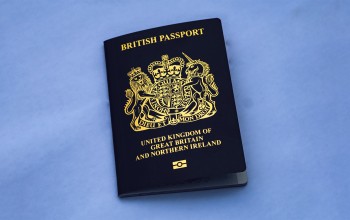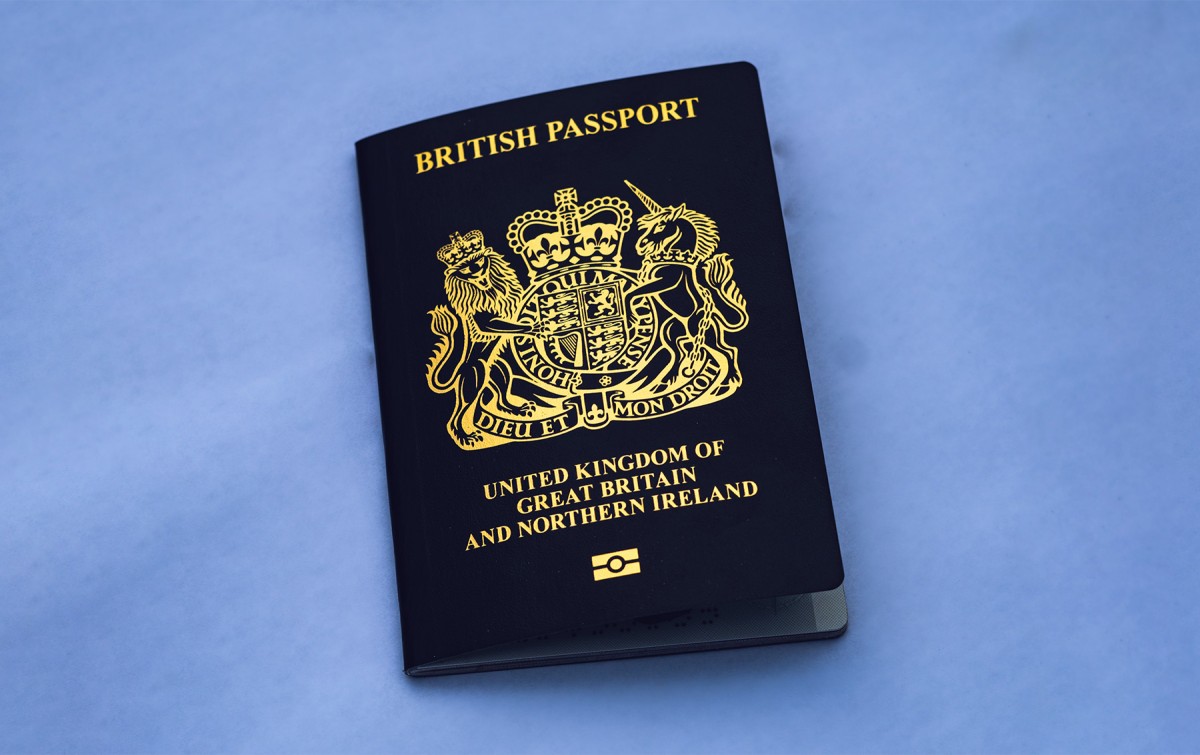Your essential checklist for your EU school trip

11 Oct 2024, 09:27
by Kate Moore
Don't know your EHIC from your ETIAS? Confused by the passport validity rules? We've got you! Travelling to Europe is a little different these days. Read everything you need to know when organising a school trip to Europe.
Top tips to prepare for your school trip to Europe
- New EU border checks are coming in late 2024 - make sure you allow extra time to pass through the EES passport gates
- Prepare for the new ETIAS online travel permit in 2025
- Check that everyone's passport meets the EU passport validity rules & allow plenty of time to apply for a replacement if required
- Students and teachers need a valid EHIC or apply for a new GHIC before travel
- Encourage students to check their mobile phone providers' roaming charges for Europe
Prepare for new EU border rules from Autumn 2024
The new Entry/Exit System border system is coming soon. Here's what you need to know:
- The Entry/Exit System (EES) will be used to register biometric data - fingerprints and face scans - of visitors entering Europe
- Using electronic kiosks at the EU border, similar to the bag drop machines you see at airports, the EES will electronically collect the date and place of entry/exit from the EU, removing the need for manual passport stamps
Visit EU Travel Rules for School Trips - Your Questions Answered for more information.
Once the EES is up and running, a new online travel permit, ETIAS, will be introduced for non-EU passport holders travelling to Europe:
- The European Travel Information and Authorisation System (ETIAS) is an online visa waiver scheme for non-EU citizens expected in Summer 2025
- Once in place, all British passport holders, including children, will need to apply online for permission to visit Europe
For more information visit our EU Travel Rules for Schools Q&A.
Check the passport validity rules for your destination
Before Brexit, British citizens could travel to EU countries on a passport right up to the point it expired. Now, each EU country sets its own entry rules relating to the validity of British passports.
For most EU countries your passport must:
- Be less than 10 years old when you travel - check the date of issue is less than 10 years before the date you enter Europe
- Have more than 3 months left to run before you - check the expiry date is at least 3 months after the day you leave the country
To check the passport requirements for your specific destination, visit the Foreign Office website. You must allow plenty of time to apply for a new passport if required.
Get European healthcare cover with a GHIC
Carry a GHIC (Global Health Insurance Card) to reduce out-of-pocket medical expenses incurred if someone falls ill or has an accident while on a European school trip. The GHIC gives holders access to state-provided emergency healthcare for free or reduced cost in the EU and Switzerland.
Applying for a GHIC is free of charge on the NHS website. Beware of unofficial websites that charge you a fee to apply.
Still have an EHIC? The good news is that your EHIC (European Health Insurance Card) is still valid in the EU until it expires. You can replace your EHIC with a GHIC up to 6 months before your current card expires.
Whether or not you have a GHIC or EHIC, your group will need travel insurance to cover emergency healthcare costs. All Voyager School Travel’s European school trips are fully protected by our specialist School Trip Insurance which includes medical and cancellation cover.
Visa requirements for non-UK passport holders in your group
Some EU countries offer visa exemptions for third-country nationals on a school trip from the UK. Read our understanding of the visa rules for students who don't hold a UK passport on a school trip to France.
Don't use a collective passport
We do not recommend that groups attempt to travel to the EU on a collective passport. Some countries stopped accepting collective/group passports when the UK left the EU and looking forward it is unclear how collective passports will work alongside the upcoming EES and ETIAS systems.
Beware of mobile roaming charges
The era of free-roaming throughout the EU is long gone. This means that if your operator has reintroduced roaming charges you may now be charged more for using your mobile device in the EU, Switzerland or Iceland. If you are travelling by ferry, be careful not to connect to the ship's marine satellite phone network, which is even more expensive than standard EU roaming charges.
More school trip planning advice from Voyager School Travel:
- Visa rules for non-UK students travelling to France
- What to pack on a school trip - an essential guide for parents
- Essential tips for taking a school trip by ferry
- The difference between ABTA & ATOL and how your school trip is protected



